What Will Happen To Your Hair If You Stop Using Shampoo
Discover surprising effects on your locks when you ditch conventional cleansing routines today!
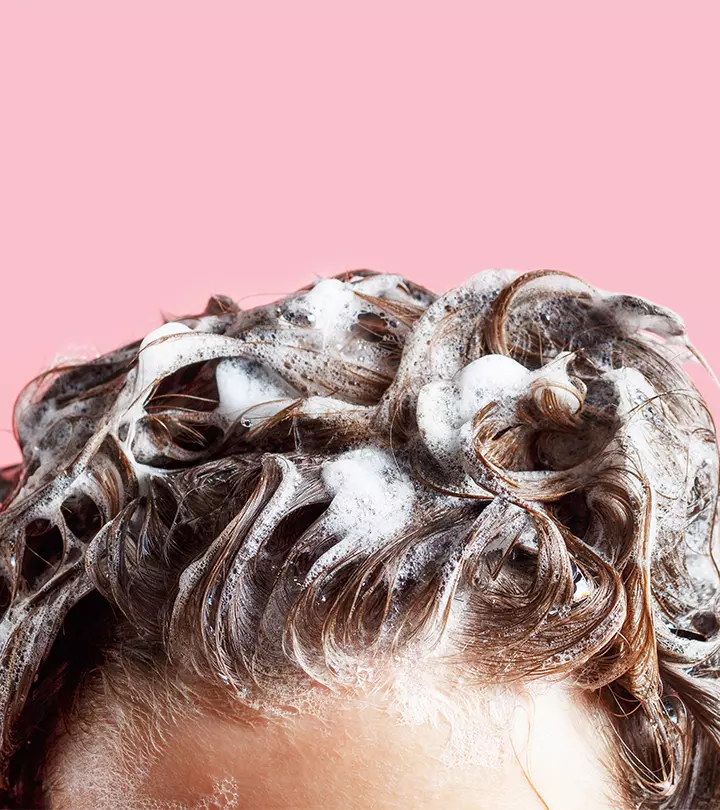
Image: Shutterstock
Have you ever wondered what would happen if you stopped using shampoo? The answer might surprise you. Shampoo has long been a staple in our hair care routines, but a growing number of individuals are opting for a shampoo-free approach, whether for health reasons, environmental concerns, or simply curiosity. In this article, we will delve into the fascinating transformation your hair may undergo when you bid adieu to shampoo. From potential challenges to surprising benefits, join us on this hair adventure to discover what lies beyond the suds and bottles. Read on!
In This Article
1. Your Scalp May Feel Healthier
Contrary to common belief, your scalp can actually benefit from reducing the frequency of shampooing your hair. Overusing shampoo can strip your scalp of its natural oils, leading to dryness, irritation, and an imbalanced pH level. By spacing out your shampooing sessions, you allow your scalp’s sebaceous glands to regulate oil production naturally. This can result in a healthier scalp with less oiliness over time. However, it’s essential to strike a balance and find a routine that suits your specific hair type and lifestyle. Some may benefit from shampooing less frequently, while others may need more regular cleansing to maintain a clean and healthy scalp. Experimenting with your washing routine and using a mild, sulfate-free shampoo can help you find the right balance for your scalp’s health and overall hair condition.
2. Your Hair May Look Fuller
Ceasing to shampoo your hair frequently can indeed contribute to the appearance of fuller locks. As mentioned earlier, excessive shampooing can strip your hair of its natural oils, causing it to become dry and brittle. When hair is regularly washed and stripped of these oils, it can appear limp and lifeless. By reducing the frequency of shampooing, your hair retains more of its natural moisture and becomes less prone to breakage, resulting in a fuller and more voluminous appearance. It’s worth noting that this effect may take some time to become noticeable, as your hair and scalp adjust to the new routine. For those seeking a fuller look, experimenting with a less frequent washing schedule, using dry shampoo as needed, and adopting a gentle cleansing routine can lead to thicker, healthier-looking hair.
3. Your Hair May Feel Less Oily
Abstaining from frequent shampooing can indeed lead to a reduction in oiliness in your hair. When you shampoo your hair regularly, it can sometimes trigger an overproduction of oil by your scalp to compensate for the natural oils that are stripped away. By reducing the frequency of shampooing, your scalp can regain its natural balance in oil production. This allows your hair to appear less greasy and extends the time between washes. Many people find that, over time, their hair becomes less oily and requires fewer washes when they adopt a less frequent shampooing routine. However, it’s essential to find the right balance that suits your hair type and lifestyle, as excessively oily hair may still benefit from occasional cleansing with a mild, sulfate-free shampoo.
4. You Will Need Less Styling Products
Reducing the frequency of shampooing your hair can potentially lead to the need for fewer styling products. Frequent shampooing can strip away the natural oils that provide moisture and some level of styling to your hair. When you shampoo less often, your hair tends to retain more of its natural texture and manageability, which means you may require fewer products like gels, mousses, or sprays to achieve your desired hairstyle. However, it’s essential to strike the right balance, as hair that is rarely shampooed may become excessively oily, which could necessitate more styling products to maintain a fresh look. Finding the optimal shampooing routine for your hair type and styling preferences is key to achieving a balance between a natural, healthy appearance and the use of styling products.
5. You Will Be Less Exposed To Chemicals
Eliminating or reducing the frequency of shampooing your hair can indeed reduce your exposure to potentially harmful chemicals found in many commercial shampoos. Many commercial hair care products contain synthetic additives like sulfates, parabens, and fragrances, which can have adverse effects on your hair and scalp over time. By opting for less frequent shampooing or choosing natural and sulfate-free alternatives, you can minimize your exposure to these chemicals, promoting a healthier scalp and hair. However, it’s important to note that not shampooing at all may not be suitable for everyone, as individual hair types and needs vary. Finding a gentle and natural cleansing routine that works for you can help strike a balance between maintaining hair health and reducing exposure to unwanted chemicals.
The impact of stopping the use of shampoo on your hair can vary widely depending on your hair type, lifestyle, and the alternative cleansing methods you adopt. For many individuals, reducing the frequency of shampooing or choosing sulfate-free and natural alternatives can lead to healthier, less oily, and potentially fuller-looking hair. Moreover, it can limit exposure to chemicals commonly found in commercial shampoos. However, finding the right balance is crucial, as a completely forgoing shampoo might not be suitable for everyone and could result in an excessively oily or unclean scalp. Ultimately, the decision to stop using shampoo should be based on your unique hair needs and preferences, and it’s essential to experiment with different approaches to find the best routine that maintains your hair’s health and appearance while aligning with your environmental and health concerns.
Read full bio of Indrani Karmakar





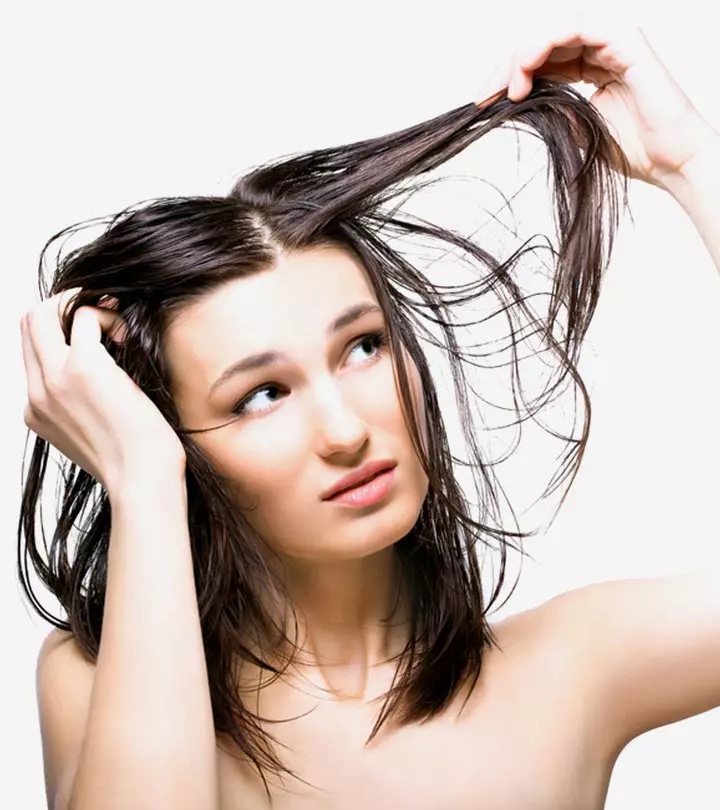
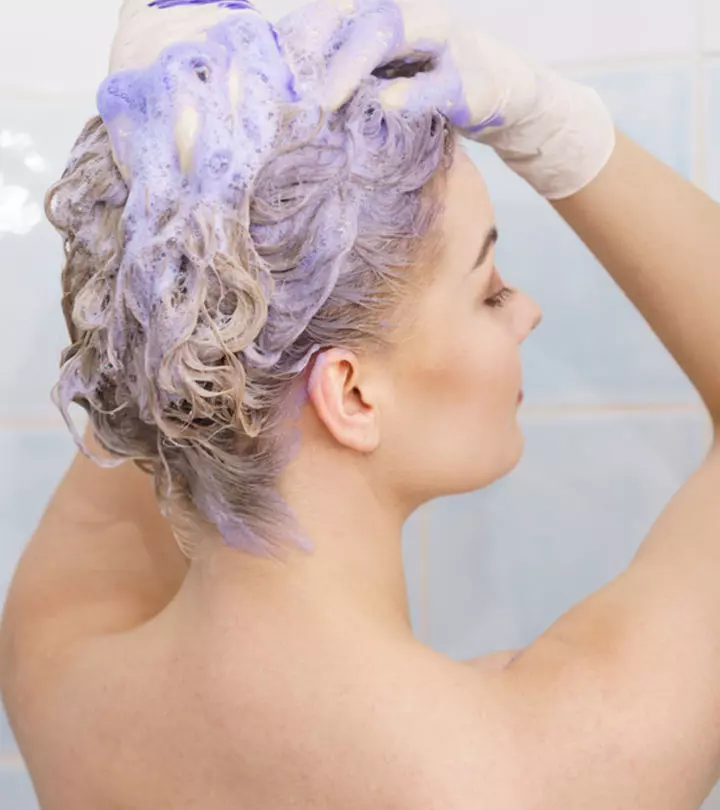
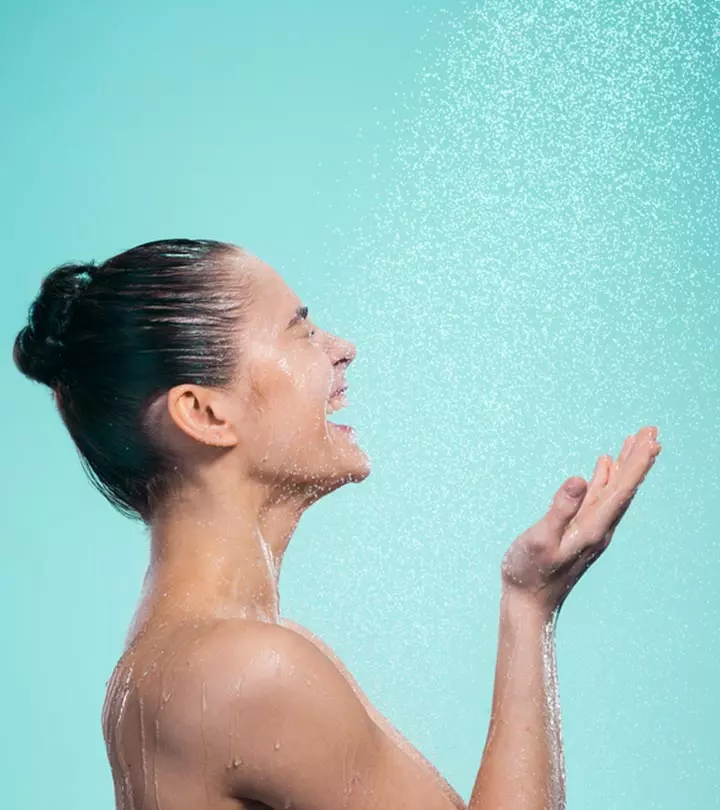
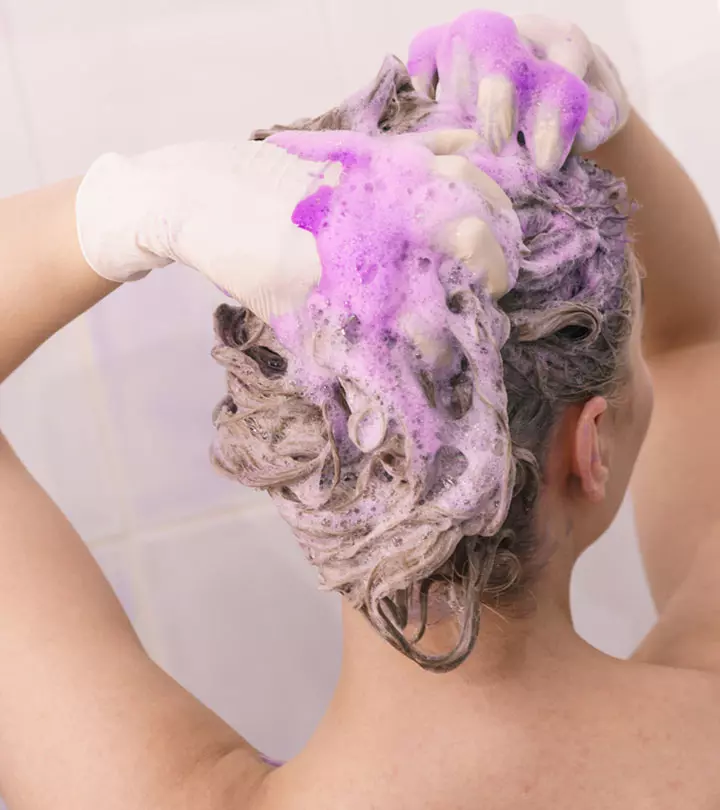
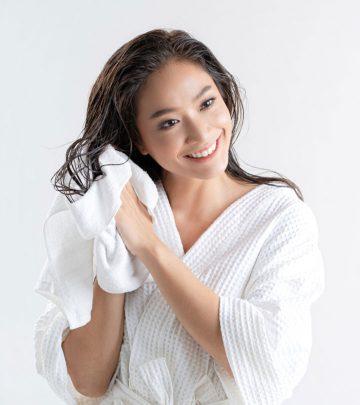
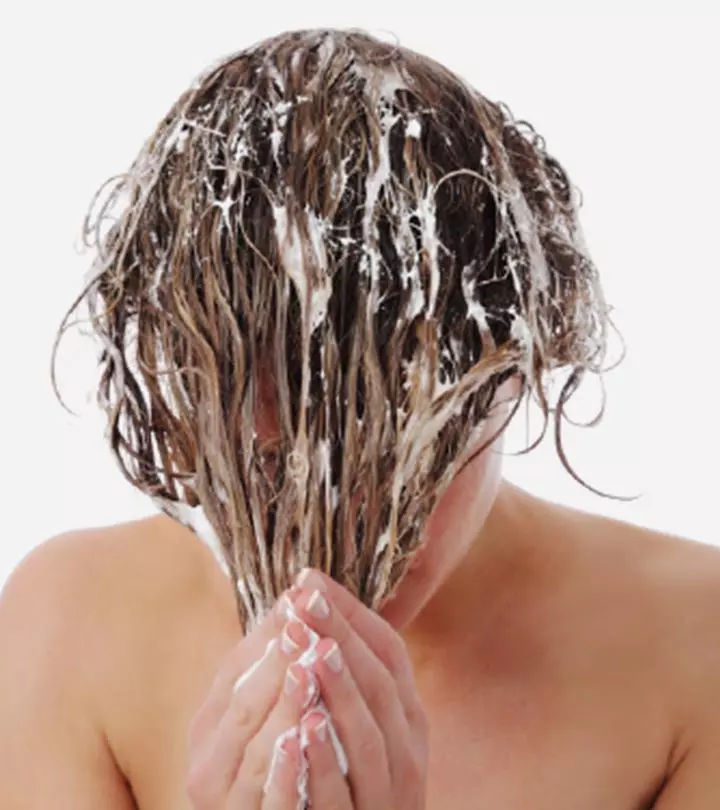
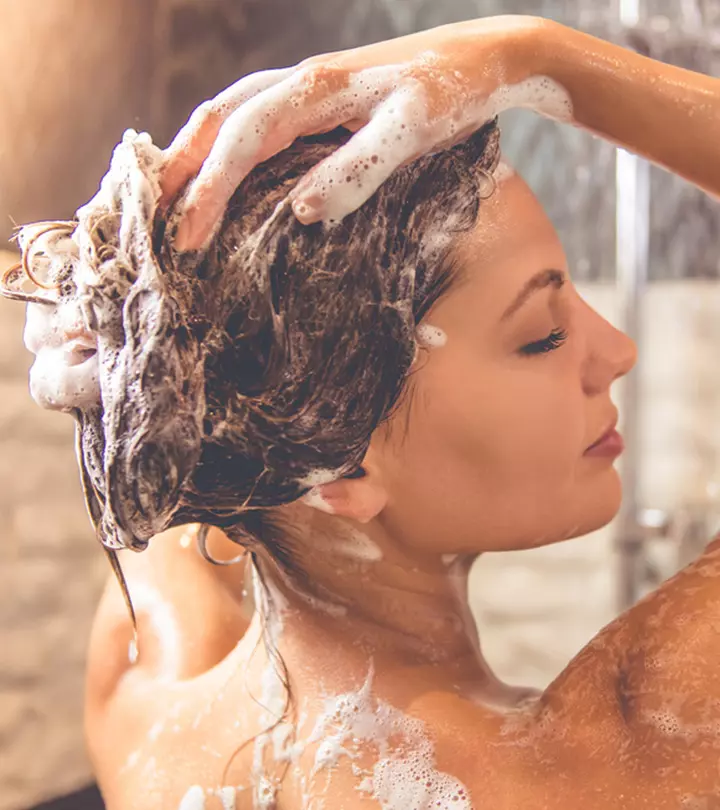


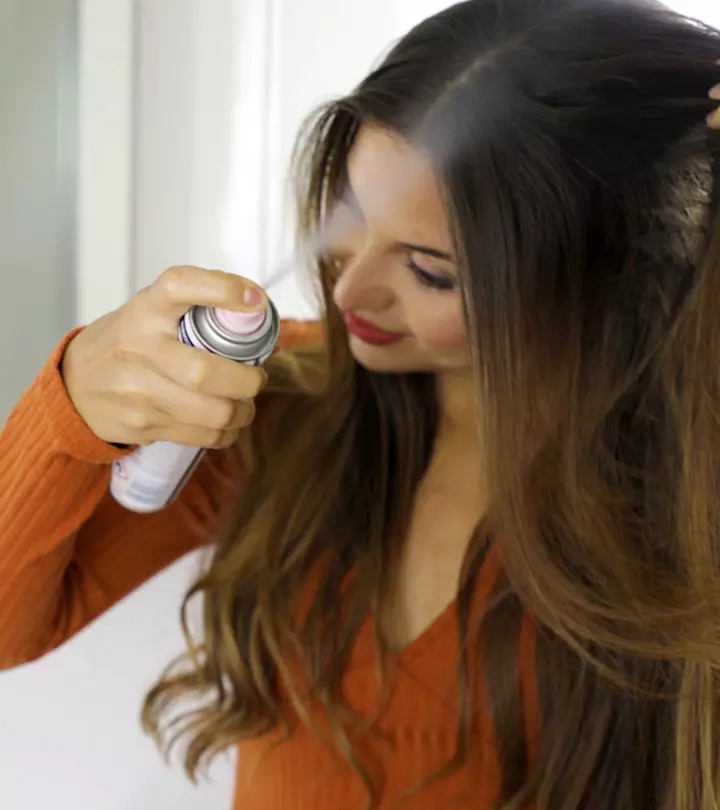
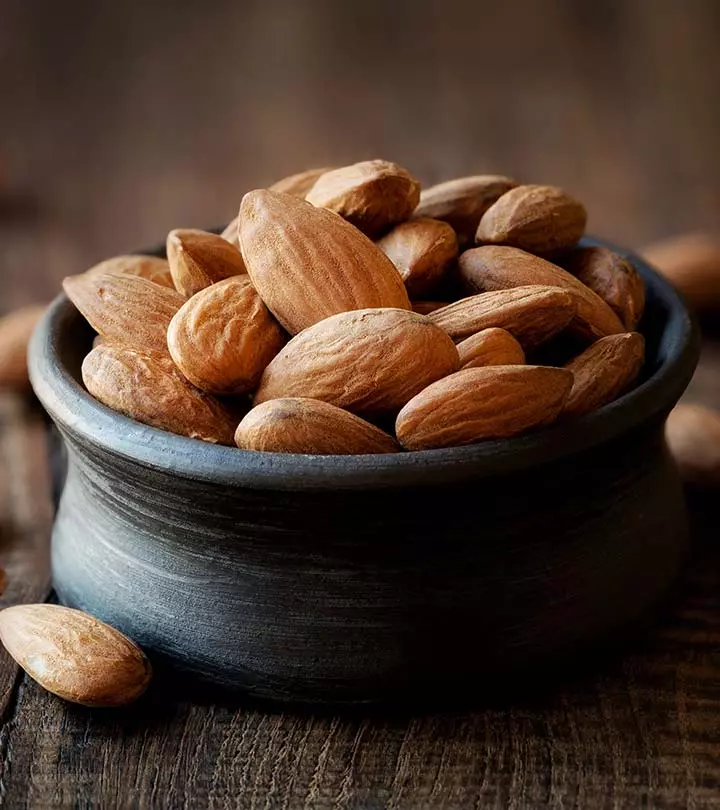


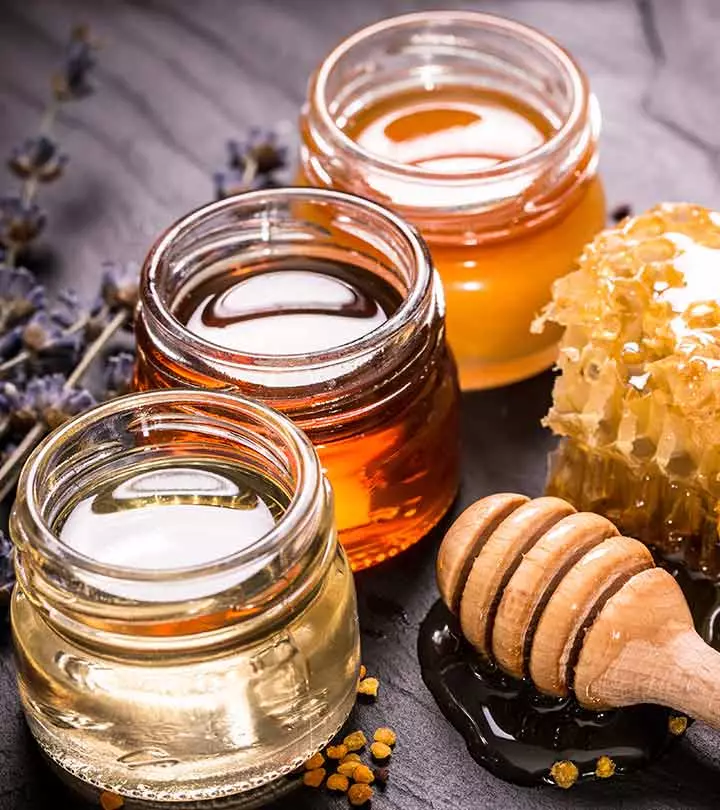




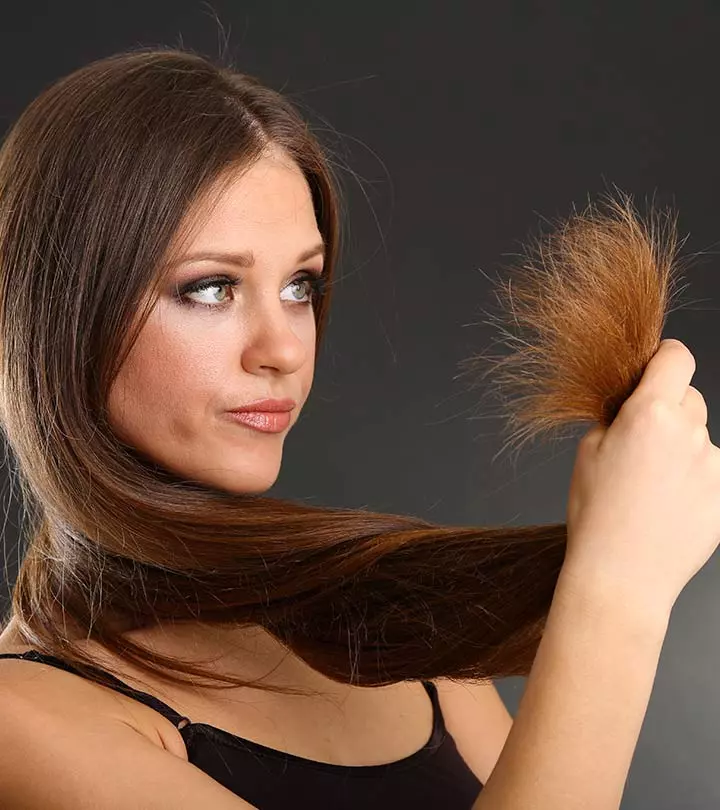
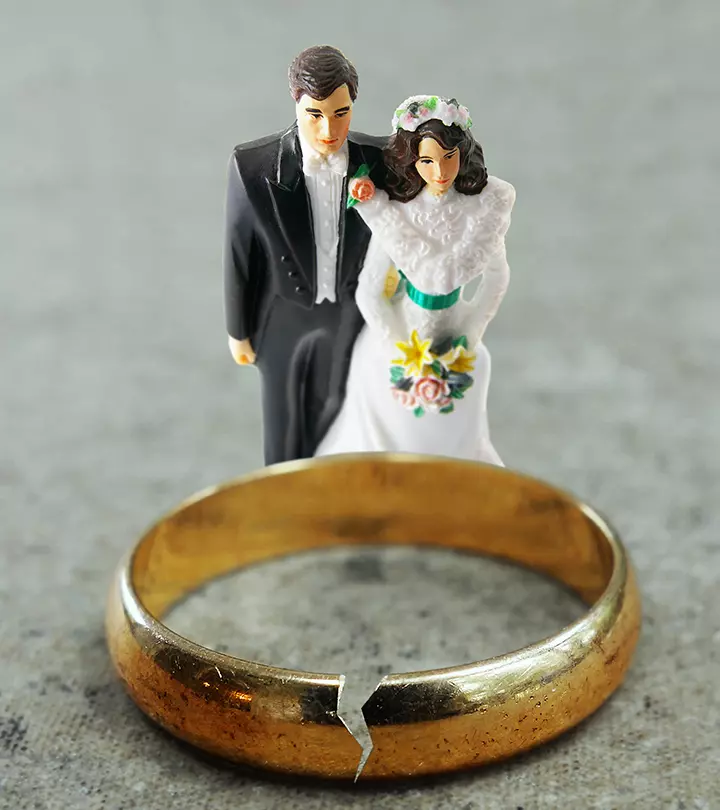


Community Experiences
Join the conversation and become a part of our empowering community! Share your stories, experiences, and insights to connect with other beauty, lifestyle, and health enthusiasts.